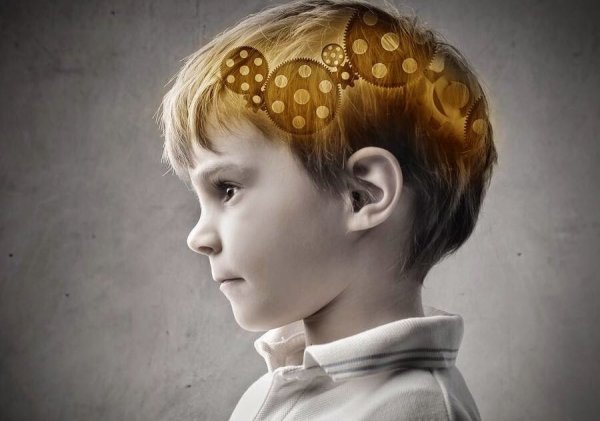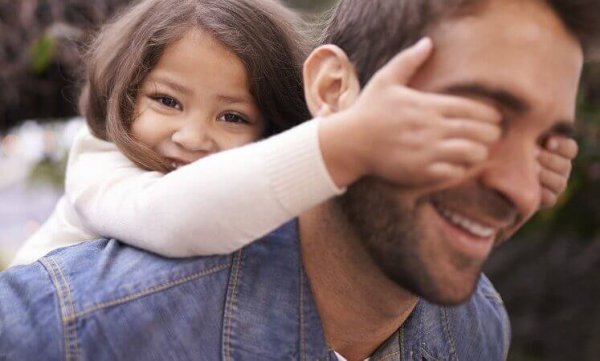How to Help Your Child's Brain Develop

The first three years of life are crucial for a child’s brain development. This is the time when your child is developing their social, emotional, linguistic, cognitive, and motor skills — all amazingly fast.
A child’s brain grows at an extremely fast rate. According to a report by Dr. Jack Shonkoff, of Harvard, a baby’s brain creates 700 neurons per second in their first five years of life.
A child’s brain triples in weight and thousands of billions of nerve connections form by the time they turn three. The way a child sees, feels, and hears are factors that play into how their brain develops. When a child uses any of these senses, a neuron or nerve connection is made in the brain. New connections are also formed when a new experiences is repeated.
Facts about a child’s brain
Hugs are important. The importance of physical contact with your children goes way beyond emotional health. A study by Washington University in St. Louis on the growth of the hippocampus, the part of the brain that’s responsible for stress modulation and memory, found that it’s biggest and best-developed in children that are frequently hugged by their parents.

At birth, the hippocampus — partially responsible for our memory — has only developed about 40% of the way. It reaches full development when the baby reaches 18 months of age. That’s why babies recognize their mother’s voice and other sounds they may have heard in the womb. Little by little, you’ll see how the baby starts to remember things he sees regularly, like faces and objects.
Your young child’s brain consumes a lot of energy. Since new neurons are developing at a rapid rate and the size of the brain is doubling every year for their first three years, it’s crucial that the child not be deprived of stimulation, much of which comes through play. Adequate sleep is also fundamental for retaining learned information, just like in adults.
A child’s brain develops better when parents play, sing, read, speak to, or read to their child, as well as when they feed them well and shower them with attention, love, and affection.
Physical contact and music
In a baby’s first years, they need a lot of love and attention. Physical contact and pampering are just as important as talking to them. It can stimulate brain development and determine their affection style. It’s important to keep in mind, though, that babies cry to communicate their needs. Therefore, when parents respond to their child’s cries, the child develops a sense of security and confidence.
Babies also absolutely adore music and lullabies. These aid in the development of linguistic abilities, spacial orientation, psychomotricity, and a sense of rhythm.
“Education’s main goal is to create people that are capable of doing new things and not simply repeating things that have been made by previous generations: creators, inventors, and discoverers. The second goal of education is to form minds that are capable of being critical, that will verify and not just accept everything offered to them.”
-Jean Piaget-
Feed your child’s brain
The suggestions above will help your child develop a myriad of abilities that will serve as their foundation for growth and development. These abilities are:
- The ability to learn and visualize objects and activities
- The development of positive social abilities
- The development of self-confidence
- The construction and development of empathy
- The development of strong, less dependent social bonds

It’s important that parents and caregivers do things to aid in their child’s cerebral development. Participation is essential in motivating the child to explore and learn, discover new things, and look for answers and solve problems on their own.
“A truth that is taught is no more than a half-learned truth, while the whole truth should be reconquered, reconstituted, or rediscovered by the student themselves.”
-Jean Piaget-
You have to give children the opportunity to be creative and independently explore their environment for themselves, without forgetting to supervise them and make sure they’re safe. If children find their own solutions instead of always getting them from adults, the stimulation will be exponentially more beneficial.
This text is provided for informational purposes only and does not replace consultation with a professional. If in doubt, consult your specialist.








